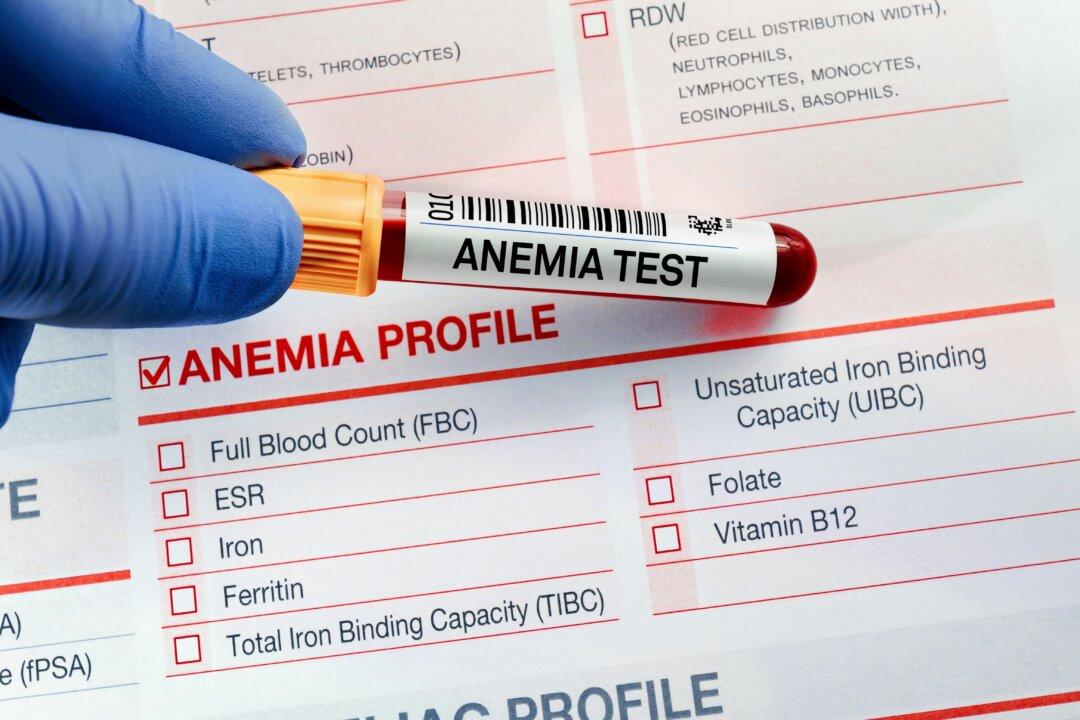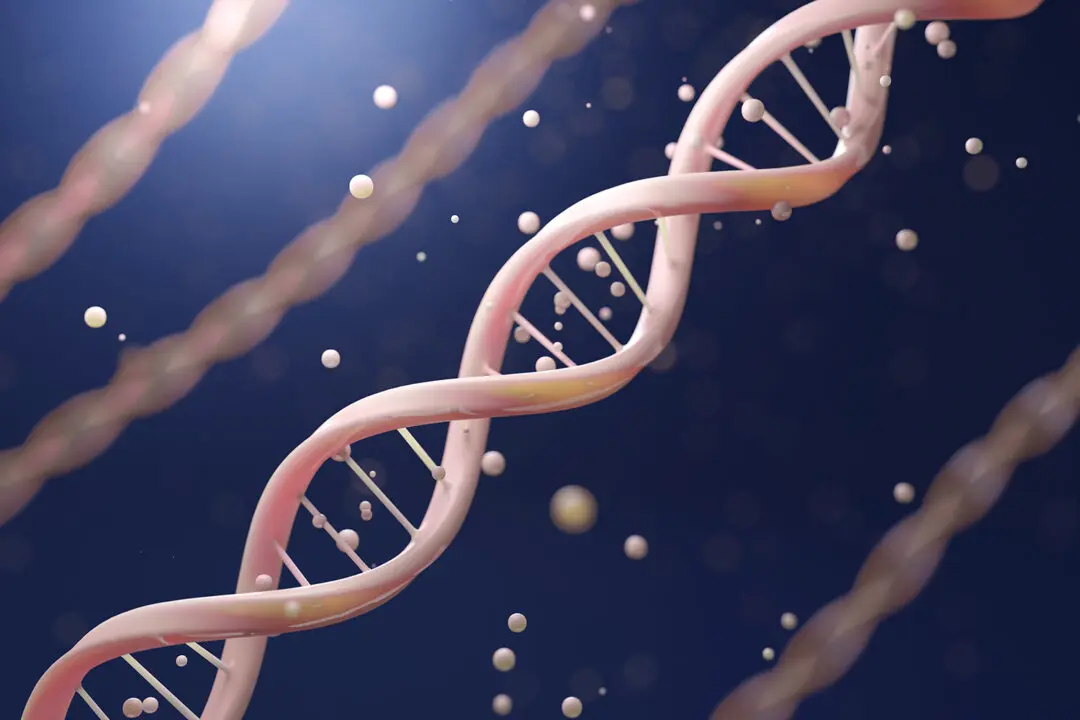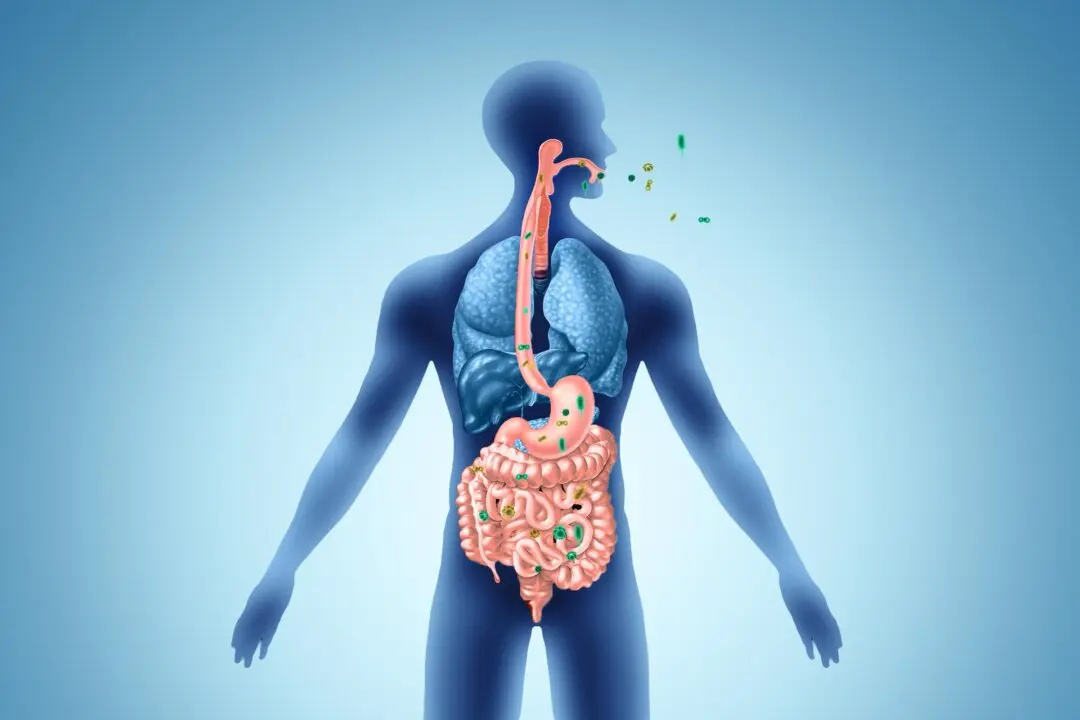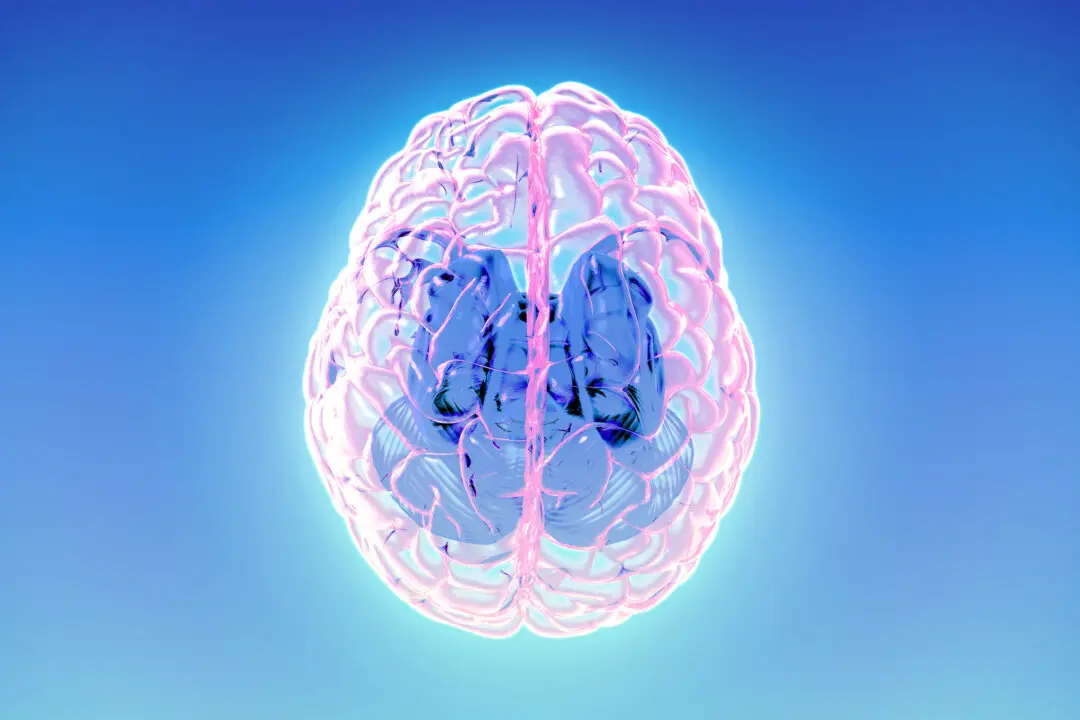Anemia and heart disease may be more closely related than previously thought.
Recent research has uncovered a concerning link between anemia and cardiovascular diseases such as atrial fibrillation (AFib), a type of arrhythmia, and heart failure, which occurs when the heart fails to pump sufficient blood to meet the body’s demands.






